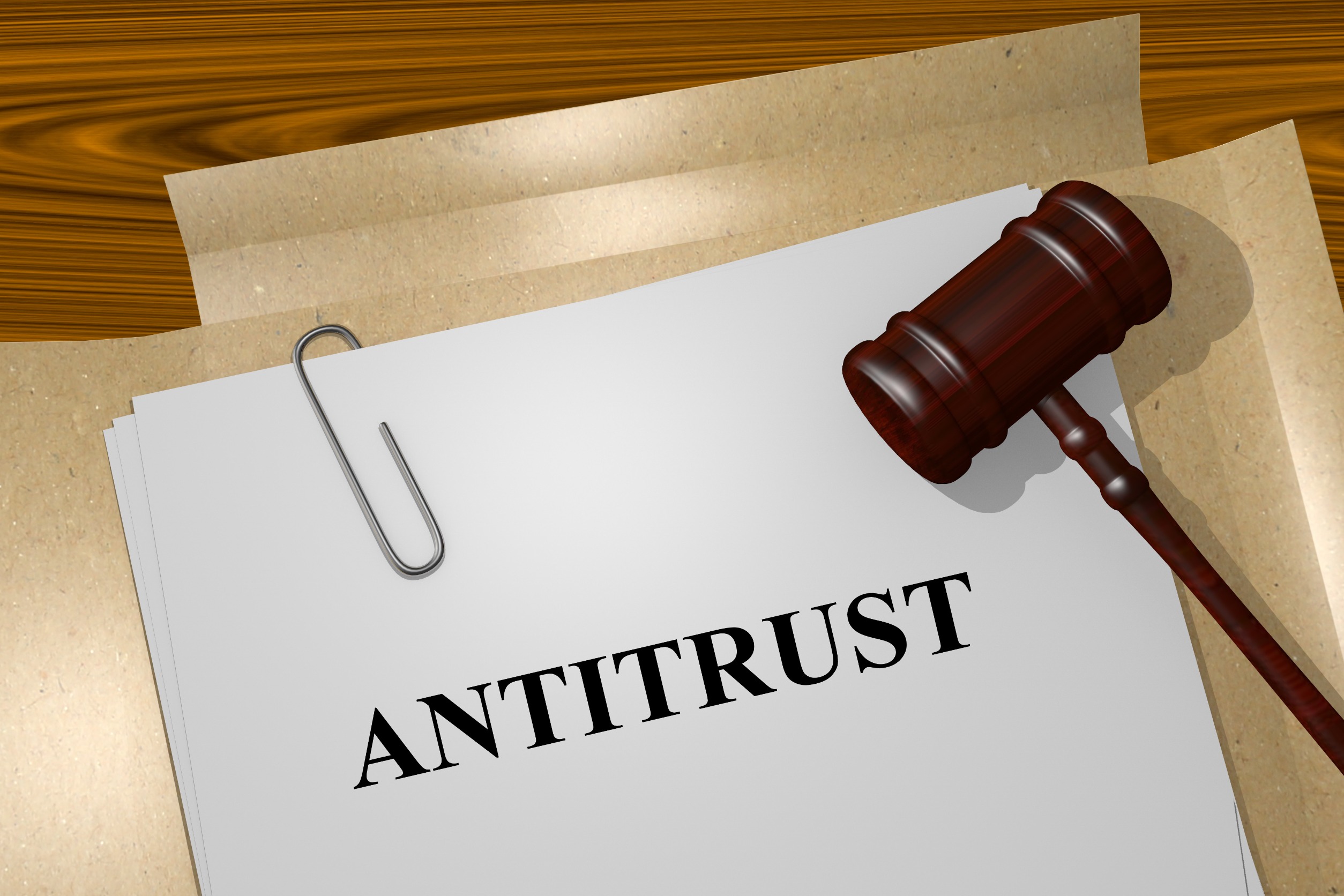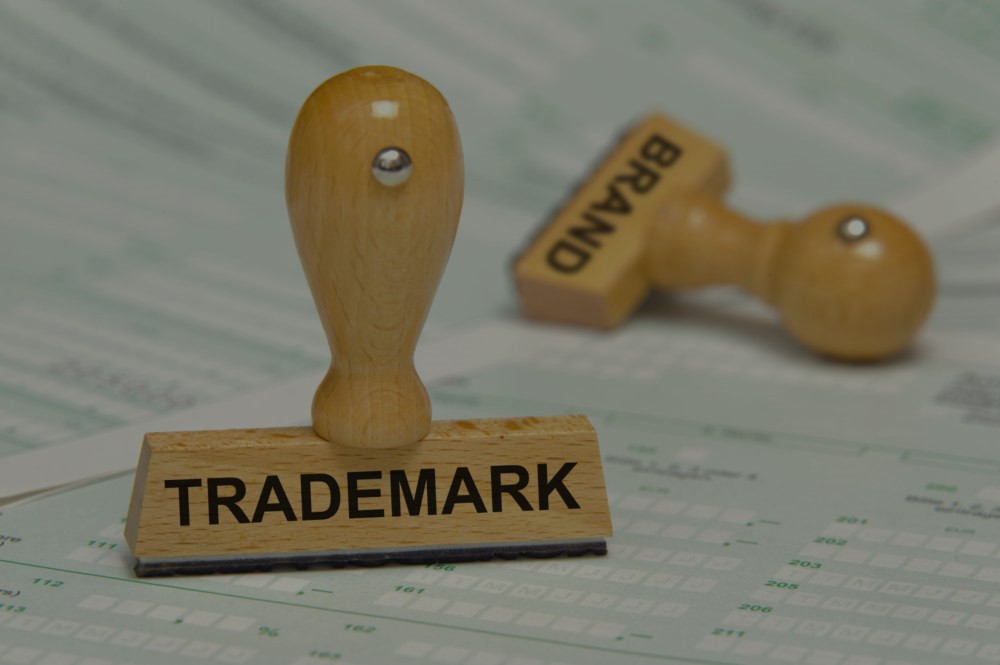Broadcast Date: Monday, September 27, 2021
from 12:00 pm to 1:00 pm (ET)
Overview:
Per- and polyfluoroalkyl substances (PFAS) continue to be the hot-button issue in environmental law, with increasing regulation at the state and federal level and tens of billions of dollars in litigation at stake. While much of the focus has deservedly been on evolving liability considerations, PFAS are also becoming subject to a wide array of mandatory reporting and notification requirements with major compliance and business implications.
For instance, the U.S. Environmental Protection Agency (EPA) recently announced amended Toxics Release Inventory (TRI) reporting requirements in an effort to increase transparency, environmental information, and environmental justice. The scope of the TRI now includes many new PFAS chemicals and the automatic addition of more PFAS is also anticipated upon EPA’s future publication of toxicity assessments. EPA announced proposal of even more far-reaching new reporting requirements under the Toxic Substances Control Act (TSCA) which would require all manufacturers (including importers) of a host of PFAS in any year since January 1, 2011 to electronically report certain information to EPA. Information related to specific chemical identity, categories of use, production volume, byproducts, environmental and health effects, exposure and disposal information are all potentially reportable under the proposed rule.
These notable developments in the regulatory paradigm underscore the need for companies to revisit their practices and prepare for heightened compliance. They must also keep themselves abreast of emerging regulatory developments to avoid liabilities. Given the intense focus on PFAS at every level of government and in the public sphere, the new PFAS reporting obligations are likely to have significant impacts on the regulated community and provide an abundance of new (publicly-available) information regarding PFAS use.
In this LIVE Webcast, environmental law attorneys Chase Dressman (Taft Stettinius & Hollister LLP) and Marcia Mulkey (Cozen O’Connor) will present a comprehensive discussion of the new PFAS reporting requirements. Speakers will also discuss current and emerging regulatory developments and share best practices to prepare for compliance.
Some of the major topics that will be covered in this course are:
- PFAS: An Overview
- National Defense Authorization Act (NDAA)
- The Toxics Release Inventory (TRI) Program
- Toxic Substances Control Act (TSCA)
- New PFAS Reporting Requirements
- Critical PFAS Issues and Challenges
- Best Compliance Practices Regarding PFAS
- PFAS Regulatory Outlook
- EPA Audit Policy and How it May Apply to PFAS Compliance
Credit:
Course Level:
Intermediate
Advance Preparation:
Print and review course materials
Method of Presentation:
Live Webcast
Prerequisite:
General knowledge of environmental and energy laws
Course Code:
149258
NY Category of CLE Credit:
Area of Professional Practice
Total Credit:
1.0 CLE
How to Claim CLE Credits Per State:
https://knowledgewebcasts.com/how-to-claim-cle-credits-per-state/
CLE State Requirements:
https://knowledgewebcasts.com/cle-state-requirements/
CPE State Requirements:
Speaker Panel:
E. Chase Dressman, Partner
Taft Stettinius & Hollister LLP
As the leader of Taft’s Cincinnati Environmental practice group, Chase represents a diverse range of clients, including chemical manufacturers and processors (with particular experience in the pesticide industry), retail and wholesale distributors, utilities, industrial manufacturers, automotive and transportation businesses, and real estate developers. Chase is an experienced environmental litigator and transactional attorney, having served as lead counsel on numerous multi-million dollar cases and has led environmental due diligence on dozens of deals worth hundreds of millions of dollars.
A significant portion of Chase’s practice involves representing chemical manufacturing and distribution companies with environmental compliance at the state, federal and international level. Chase frequently drafts and negotiates contracts involving complex environmental or regulatory matters, including toll manufacturing, liability transfer, remediation, real estate, chemical distribution and transportation agreements.
Marcia Mulkey, Of Counsel
Cozen O'Connor
Marcia works on a wide range of federal and governmental regulatory matters and environmental issues and related transactions. She delivers insightful and informed advice and services to the firm’s clients across a broad range of legal matters. Her clients have included those with matters involving pesticide registration, Clean Air Act compliance, Superfund liability, hazardous waste permitting, chemical reporting, state environmental regulation, and related issues. She has published and spoken on emerging PFAS regulatory developments and is sought out for issues warranting engagement with the Environmental Protection Agency (EPA). She was recognized with the Distinguished Career Service Award, capping a career that included two Presidential Rank Awards.
Agenda:
E. Chase Dressman, Partner
Taft Stettinius & Hollister LLP
- PFAS overview/background (very short – most of the attendees should be familiar with PFAS history/background, but we should include a 1-2 minute summary at the front-end of the presentation)
- TRI/TSCA overview (similar to the PFAS overview/background, we will want to include a short overview of general TRI/TSCA requirements – I think this can/should preface the lead-in to the new/proposed PFAS TRI/TSCA reporting requirements)
- At some point, I think we want to provide some additional context to the group on other liability/regulatory considerations/concerns with PFAS (i.e., PFAS is not just a TRI/TSCA issue). This can be relatively short since the focus of the presentation is on TRI/TSCA reporting obligations, but if the attendees are interested in PFAS obligations under TRI/TSCA, I think they will also be interested to briefly hear about some other PFAS issues/concerns as well (e.g., CERCLA liability; transactional considerations; product/supply contractual considerations; Greenwashing claims; etc.).
- In conjunction with the bullet point above, we should also briefly discuss how/which states are taking aggressive action on PFAS.
- Particularly for the current TRI reporting requirements, we should briefly touch on potential corrective action, including EPA’s Self-Audit/Disclosure Policy and the requirements/exclusions for eligibility.
Marcia Mulkey, Of Counsel
Cozen O'Connor
- The key elements of the TRI reporting regime as applied to PFAS.
- EPCRA/TRI
- 2020 Defense Authorization Act added 172 PFAS to the chemicals requiring annual reporting under the Emergency Planning and Community Right to Know Act if above 100 lb threshold.
- Covers broad sweep of facilities (21,000) with 10 or more full time equivalent employees across many NAICs codes: mining, certain utilities, manufacturing of food and beverages, textiles and apparel, wood, paper, printing, chemicals, metals, electronics, furniture, certain wholesale, publishing, hazardous waste management and all federal facilities.
- Information to be Reported
- Reports cover specifics about PFAS Manufactured, Processed, or Otherwise Used.
- Manufactured includes produced or imported, whether for use, sale or as a by product
- Processed covers formulation, article components repackaging, recycling, recycling and impurities
- Otherwise Used includes catalysts, waste processes, fuel, construction materials and flame suppression
- Discharge and Release Reporting
- TRI reports require specifics about releases, including and fugitive and nom-point source air releases, all stack or point source releases, all discharges to waters, all off-site waste removal. Discharges to POTWs are specifically identified
- Additional information includes recycling and pollution prevention efforts
- Timing for Public Availability of TRI TRI Data from First Reports on 172 PFAS Compunds
- July 1, 2021-Reports due
- End of July-EPA publishes the facility level "preliminary" complete reports
- October-EPA publishes the complete data set, reflecting engagement wuth EPA following the report submission
- January of 2022-EPA publishes its analyses of the data
- The EPA publication with the announcement of the availability of the July 1 raw submissions, especially EPA’s obvious surprise/shock that there were only 38 PFAS reporting facilities and EPA’s intent to try to figure out why and respond accordingly, prominently mentioning enforcement.
- Potential next steps for TRI reporters—check and double check? Late reporting.
- Any analysis on 38 reporters (including the role of federal facilities)--
- Pending TSCA Section 8 Rulemaking dramatically expanding reporting beyond TRI facilities and beyond current year.
Date & Time:
Monday, September 27, 2021
12:00 pm to 1:00 pm (ET)
Who Should Attend:
- Environmental Law Lawyers
- Environmental Health and Safety Managers
- Environmental Consultants
- In-House Counsel
- Public Interest Lawyers
- Business Development Managers
- Development Consultants
- Chief Compliance Officers
- Risk Assessment Managers
Join Over 160,000 Professionals Empowering Their Careers
Learn anywhere from over 3000+ live and recorded CLE, CPE & Technology Webcasts.




































